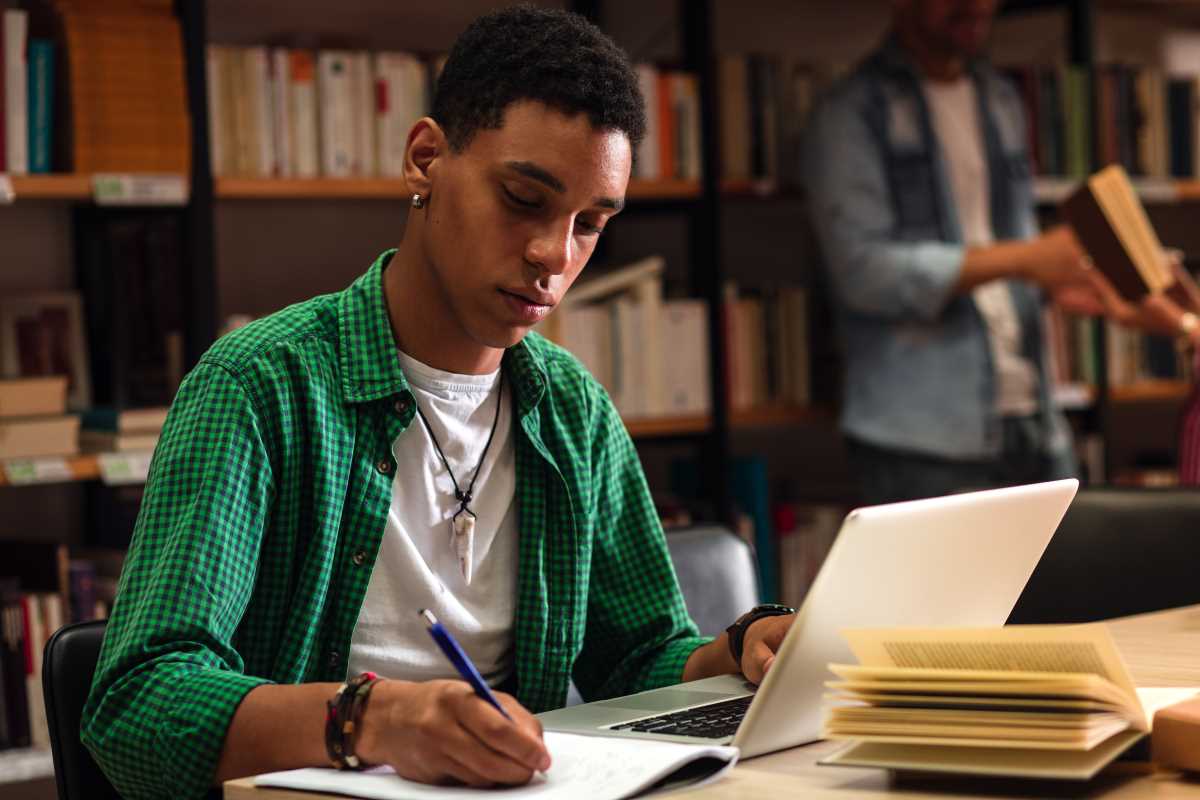Decolonizing the curriculum means rethinking what we teach in schools and how we teach it. Many traditional curriculums have mainly focused on Western ideas, history, and perspectives, but this approach leaves out voices from other parts of the world. Decolonizing the curriculum is about including a wider variety of stories and experiences in education—whether they’re from Africa, Asia, Indigenous peoples, or other often overlooked communities. By doing this, we help students learn about the world in a more complete and fair way. This is important because it teaches young people to value diversity and promotes understanding and respect among different cultures. Decolonizing the curriculum is a powerful step toward creating a more just and equal society.
What Exactly Is a Decolonized Curriculum?
A "decolonized curriculum" includes learning materials, books, and programs that highlight a range of cultures, histories, and perspectives. For years, many school subjects, like history or literature, mostly focused on achievements from Europe or the United States. While these contributions are important, this narrow focus can leave students with an incomplete view of the world. Students might learn a lot about Ancient Greece but very little about ancient civilizations in Africa or South America.
Decolonizing the curriculum means changing this. Schools and teachers revise lesson plans to include knowledge from other parts of the globe and emphasize voices from communities that haven’t been included enough. A literature class might include books written by Indigenous authors, and a history class might explore the contributions of Asian societies to science and technology.
Why Is Decolonizing the Curriculum Important?
When students only learn about a narrow perspective, they miss out on understanding how different cultures and peoples have shaped the world we live in. This limited approach can also make some students feel like their history or culture isn’t valued. Imagine being a young student with roots in Africa or the Caribbean and never seeing your culture represented in what you study. It can make you feel invisible.
By including diverse voices, students from all backgrounds can see themselves in what they are learning. It also helps break down stereotypes by showing a fuller, more accurate view of history and society. Teaching about the contributions of Native American communities to agriculture or African scientists to mathematics helps reveal how interconnected the world has always been.
The Benefits of a Decolonized Curriculum
Decolonizing the curriculum creates a learning environment where all students feel respected and included. This can improve not only how students view themselves but also how they see and treat others. When students are exposed to the stories and struggles of different groups, they learn empathy, kindness, and acceptance. These are vital skills for creating a peaceful and cooperative society.
Another benefit is critical thinking. A decolonized curriculum encourages students to question traditional narratives and think deeply about the information they are given. Instead of taking history or literature at face value, they learn to ask, “Whose voices are missing from this story? Why?”
It also helps prepare students for a globalized world. Today, people interact more than ever across borders, whether in business, online, or through travel. Learning about varied cultures and histories gives young people the tools to work well with others, no matter where they come from.
Examples of Decolonization in Action
Some schools and organizations are already leading the way in decolonizing education. In South Africa, the educational system has been reworking how history is taught to include the experiences and contributions of Indigenous peoples and communities affected by colonialism. This includes studying traditional African governance systems, which are rarely mentioned in standard curriculums.
Similarly, in Canada, efforts are being made to teach students more about the history of Indigenous peoples. These classes focus on topics like the impact of colonial policies and the importance of Indigenous traditions to Canadian heritage. Students might learn about the Indigenous concept of kinship, which focuses on respect for people, animals, and the environment.
There are also programs in the UK where schools have added materials about the history of slavery, colonization, and migration. By discussing these topics openly, students gain a clearer understanding of how historical events still impact today’s society.
Challenges and Progress
Changing what schools teach isn’t always easy. Some people worry that shifting curriculums might ignore traditional ways of teaching. Others feel unsure about how to update lesson plans or find the right materials. It’s important for parents, teachers, and communities to work together to address these challenges and find a balance.
To succeed, schools need support. Governments and education boards should provide training for teachers and access to diverse books and resources. Community input is also vital. Local elders or leaders from Indigenous communities might play an essential role in helping create lessons that are both accurate and respectful.
Looking Toward an Inclusive Future
Decolonizing the curriculum is a step toward building an equitable society where everyone’s story matters. It’s not about erasing one history in favor of another but about weaving all the stories together to create a richer tapestry of knowledge. When students learn from a variety of perspectives, they become more informed and open-minded citizens. They see that the world is full of diverse ways of thinking and living and that no single culture has all the answers.
By teaching inclusivity from a young age, we encourage students to grow up valuing diversity and fairness. It’s about giving every child—no matter where they come from—a sense of belonging and a chance to learn from the incredible range of human experiences. Decolonizing the curriculum holds the promise of creating generations who understand and respect one another, ultimately building a more cooperative and compassionate world.
 (Image via
(Image via




